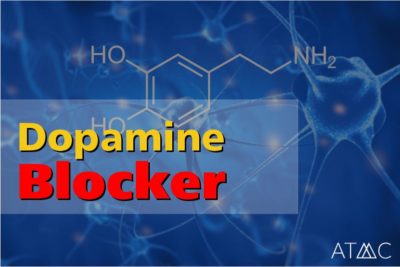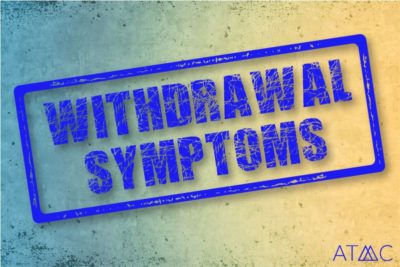Abilify Side Effects
Of course, Abilify side effects can cause unpredictable reactions, the same as all antipsychotics in general.
These side effects can include:
 Suicidality
Suicidality- Sleep-walking
- Sleep-texting
- Sleep-driving
- Sleep-cooking
The person who experiences the phenomenon won’t remember their adventure. For safety reasons, caregivers should closely monitor Abilify dosage and behaviors of those taking the drug.
Notably, a recent review found that 95% of pharmaceutical ads clearly target women for antidepressants and Abilify for depression in particular. One campaign shows a scruffy housecoat following a woman around the house as if haunted by her “illness.” As insulting as that ad might seem to a woman, to prescribe an antipsychotic drug such as Abilify for anxiety of depression should scare the living daylights out of anyone. Women outrank men 2 to 1 for taking antidepressants.1,2
What Does Abilify Do to the Brain? How Does Abilify Work?
“What Abilify is reported to do is to hold back an excitatory neurochemical called dopamine, possibly glutamate as well, but it’s holding back the neurochemical that actually stimulates us. Dopamine stimulates us to have a sense of reward in life, stimulates us to get out of bed, or get a job. Abilify holds back that neurochemical.” ~Lyle Murphy
 In earlier times, researchers would have referred to Abilify as a dopamine blocker or a dopamine modulator. In today’s ever-changing psycho-jargon, the scientists hail this drug as the newest strategy in dopamine stabilization. Certainly, researchers have had 17 or so years to figure out how Abilify affects the brain, and they are the first to say they don’t really know. It is estimated that Abilify’s half-life is 75 hours.5
In earlier times, researchers would have referred to Abilify as a dopamine blocker or a dopamine modulator. In today’s ever-changing psycho-jargon, the scientists hail this drug as the newest strategy in dopamine stabilization. Certainly, researchers have had 17 or so years to figure out how Abilify affects the brain, and they are the first to say they don’t really know. It is estimated that Abilify’s half-life is 75 hours.5
The medical/pharmaceutical industry has absolutely exploded in this and the last century, with new products every week being brought to market. However, the number of patients who are suffering from mental health concerns is also exploding. One would expect with such a vast array of potential medicines to prescribe, that patient numbers would dwindle once they found relief. The profits are soaring, and patient numbers are too. Is there any other reason that pharmaceutical solutions continue their hold on this health sector? Is there any motivation to look at other avenues of healthcare? Only in the alternative health sphere, it seems. Holistic caregivers are sincere in their desire to help others, which is their core motivation. Pharmaceutical products will continue their stronghold only until education catches up with both the professionals in the industry and the public at large. This is occurring, though not as quickly as we would like to see.
We recommend doing thorough research before making profound decisions about treatment.
The brain is wonderfully complex and the whole experimental concept of introducing drugs into such a beautiful mechanism has resulted in “best guesses” and theories that leave us with more questions than answers.3

 Suicidality
Suicidality In earlier times, researchers would have referred to Abilify as a dopamine blocker or a dopamine modulator. In today’s ever-changing psycho-jargon, the scientists hail this drug as the newest strategy in dopamine stabilization. Certainly, researchers have had 17 or so years to figure out how Abilify affects the brain, and they are the first to say they don’t really know. It is estimated that Abilify’s half-life is 75 hours.5
In earlier times, researchers would have referred to Abilify as a dopamine blocker or a dopamine modulator. In today’s ever-changing psycho-jargon, the scientists hail this drug as the newest strategy in dopamine stabilization. Certainly, researchers have had 17 or so years to figure out how Abilify affects the brain, and they are the first to say they don’t really know. It is estimated that Abilify’s half-life is 75 hours.5 Abnormal movement disorders (abnormal motions of jaw/tongue, hands/etc)*
Abnormal movement disorders (abnormal motions of jaw/tongue, hands/etc)* Diet and Abilify
Diet and Abilify







